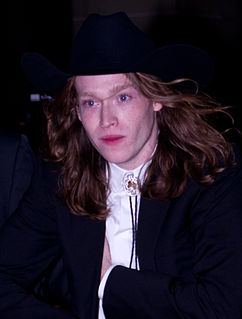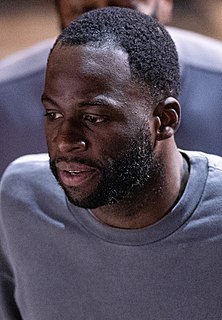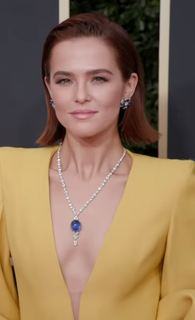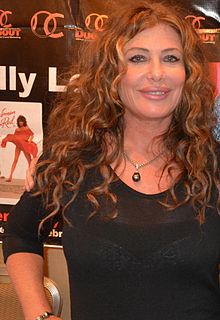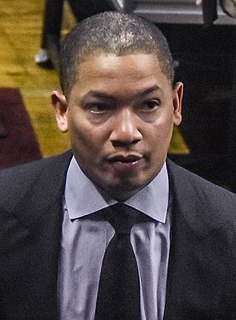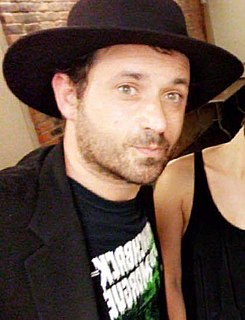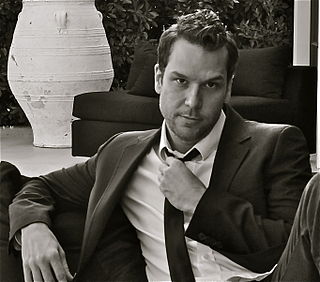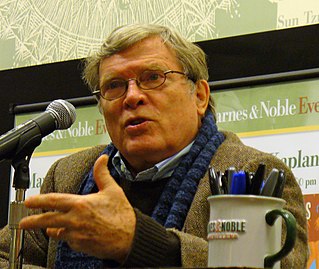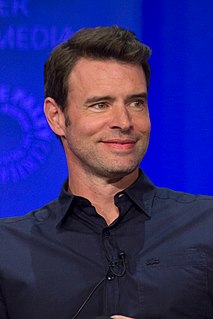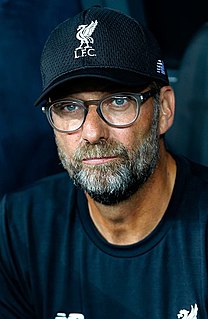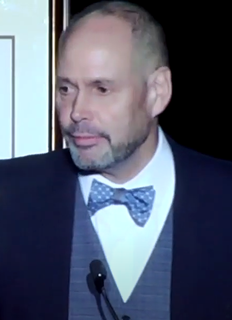A Quote by Eric Bana
I've worked with some of the great cinematographers. So I'm always watching what they do and I'm watching how the director composes his shots, just because I find it interesting as an actor; you're trying to help them out as well.
Related Quotes
It is true that social media, nowadays, is important, but I don't understand everyone needing to know everything about an artist or an actor because it loses the intrigue and mystery. And then, when you're watching them as a character, you can't watching them as a character. You can only watch them as the public figure that they have presented themselves to be. I hate when people say, "Well, that's what you signed up for. That's how it is." No its not. That's not what you signed up for.
The work that I've been trying to do with violence against women and children comes from seeing quite a bit of violence. I just think it's important that we try to help the young boys who are watching the fathers do it - because if it's OK for the fathers to do it, then these young boys are watching their dads and going, well, nothing's happening to them, so maybe this is OK. But actually, this violence needs to stop in the sandpits.
I think some horror authors are trying to scare you, but with me, I'm as scared as the reader is of the story. I've always been that way, since watching the 'Twilight Zone' movie - watching 'Firestarter' when my parents were out, or sneaking out to watch 'A Nightmare on Elm Street' at a friend's house because I couldn't watch it at my house.
When I started analysing games in 2001, I had a DVD recorder. I'd be at home watching the games just on a normal TV, watching what I could and trying to figure out what we would be facing a few weeks later. The problem was, in the team meetings, I'd always have to keep going back and forwards with the footage, trying to get to the right part.
Even dramatically how you position some person, the depth, the existence [in 3D] is different than a flat image even though by itself it has depth, we create the illusion of depth. For example, some of the shots I have to stay closer to the actor because it's a young actor, I like it closer for some of the shots. I watch 2D scenes next to the camera, then when I go back to my station and watch it in 3D I have to go back and reduce his acting, he has to shrink a little bit because he peeks out more.

